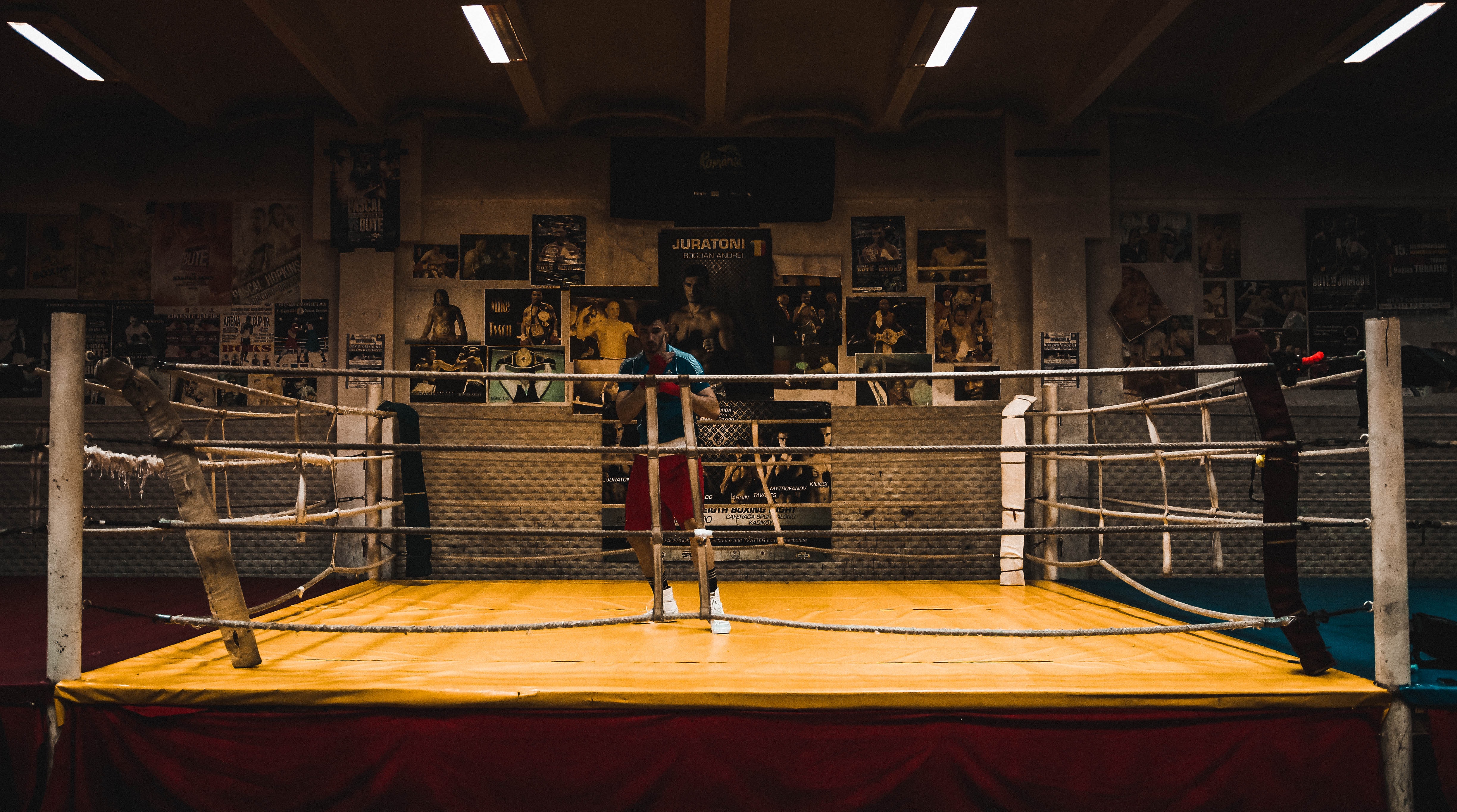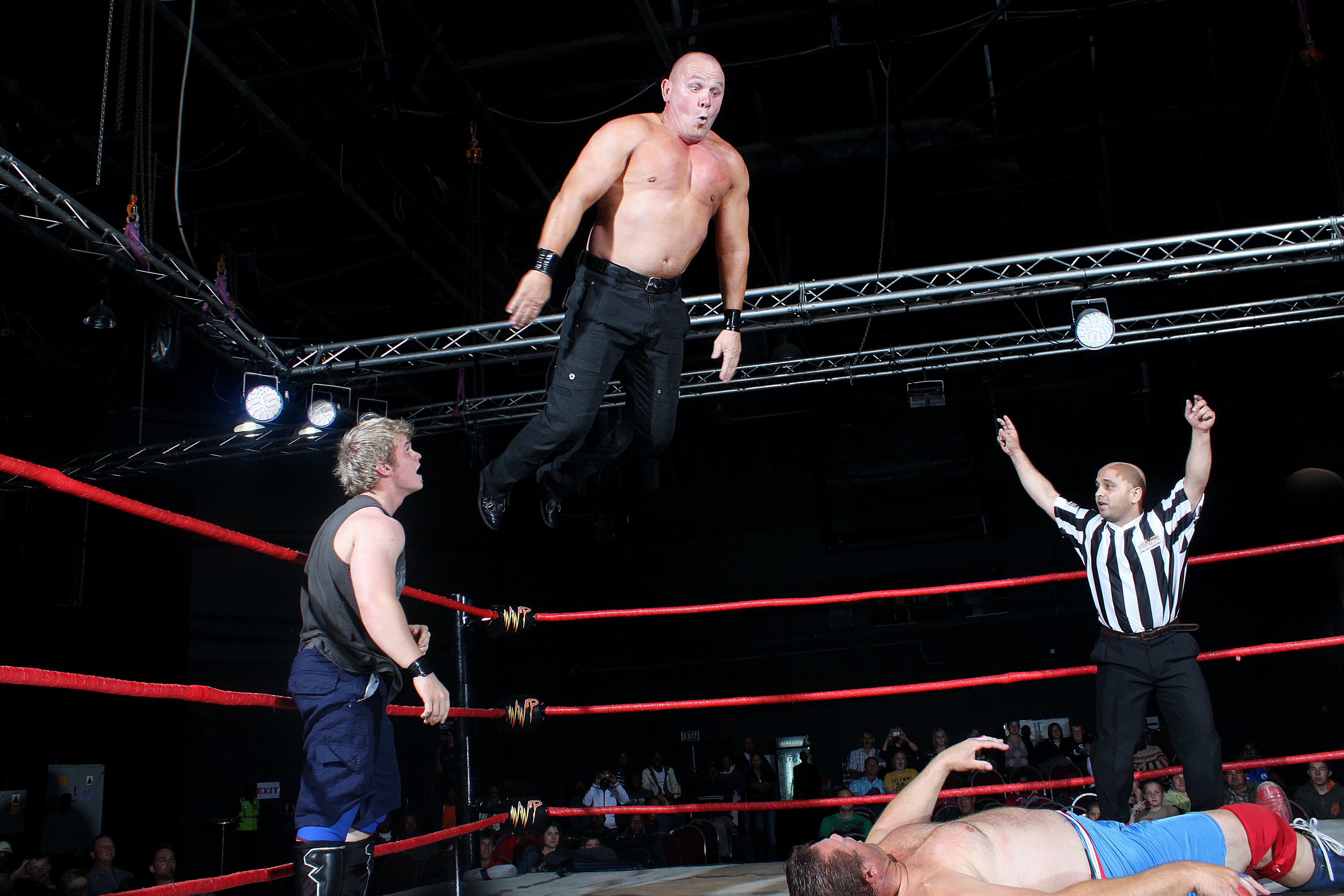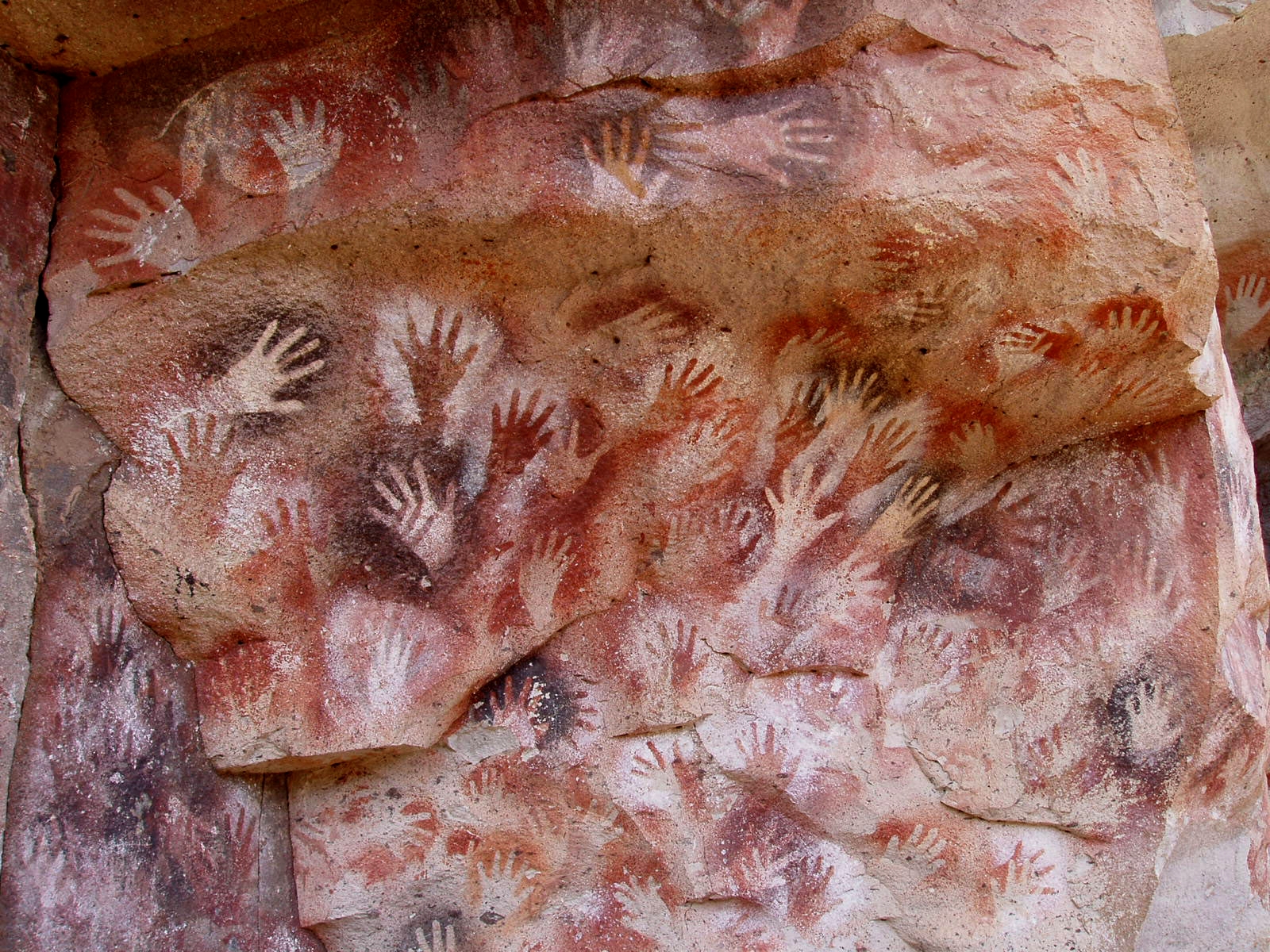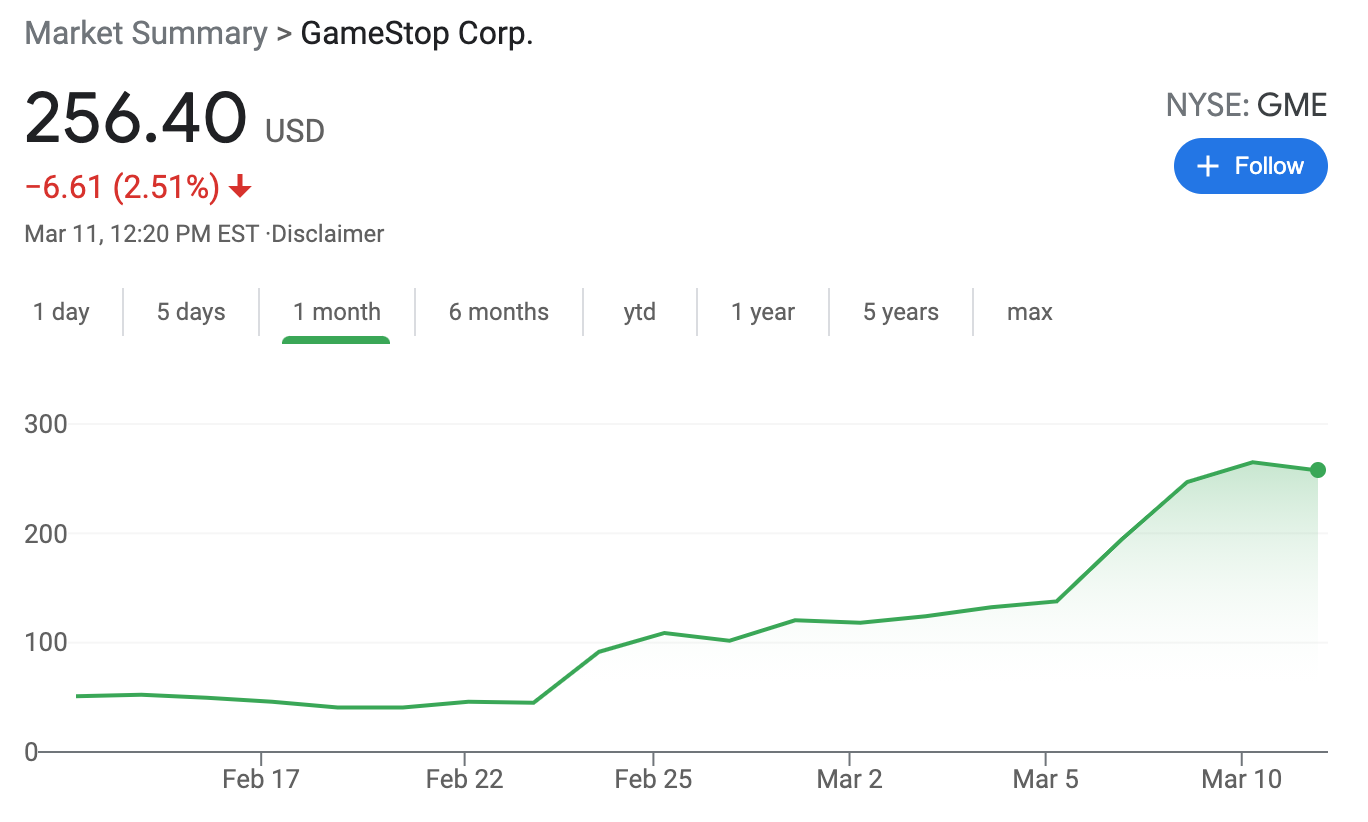June 3, 2021

"Once that bell rings you’re on your own. It’s just you and the other guy." – Joe Louis
The Struggle
Most adults don’t challenge themselves: physically, mentally, or emotionally. Once we move up Maslow’s hierarchy and have a stable career and decent relationships, it’s all too easy to fall into a pattern of either throwing ourselves into a bullshit job or clocking in at work and living through escapist hobbies and our children.
Being a kid is in many ways much harder than being an adult. Looking back on childhood, it’s easy to forget how much we struggled and sucked at new things: how many years it took to become competent readers, writers, or athletes.
I’m convinced that this struggle, the discomfort that comes with being awful at something (not neural plasticity or any other convenient excuse), is what separates children from adults when it comes to learning new skills. Children don’t have expectations of competence, so they are willing to struggle to become good. Adults give up during the pain period.
Personally, it has been easy for me to slip into this rut athletically. I was a good football player in high school, played for a year in college, and have always gravitated towards weightlifting as opposed to any endurance sport. Essentially, I have the perfect body for lucha libre.

You may not like it, but this is what peak performance looks like.
After several years of on-and-off strength training, I was knocked down by an appendectomy. That experience – the realization that, contrary to the popularly-held belief of all men in their 20s, I was not invincible – spurred me into action. Unless I got my ass into motion, this would be my athletic pinnacle. I only have a few years left for any big athletic accomplishments.
Armed with this new humility, I walked into Trinity Boxing Club, an old-school, no-nonsense boxing gym in Lower Manhattan. I was craving the physicality of sport that I had missed out on since I had quit playing football. I also had an unspoken pipe dream of competing in the Golden Gloves.
I only trained hard for about six months before COVID shut down the gym, putting my plans on hold. But even in that short time, I fell in love with boxing. Here’s what I learned.
Just Show Up
Showing up is 80% of the battle. Even on days that you don’t feel like training, you need to drag yourself to the gym. There’s no substitute for putting in those reps.
Natural ability is just a starting point. After that – whether it’s boxing, learning to code, entrepreneurship, relationships, you name it – you need to put in focused hours to become a champion.
Control Your Emotions
The difference between children and adults is that children are controlled by their emotions, but adults are in control of theirs. By this definition, most people never become adults.
Through boxing, you learn how to control your emotions. The first time that I stepped into the ring to spar, my adrenaline was pumping so hard that I was gasping for air after just 15 seconds. Over time, with more reps (see Just Show Up), I learned to calm down. My fear and anxiety were biological suggestions – not imperatives.
Boxing is pain. In a fight, the best case scenario is that you keep your hands up so you don’t get punched in the face…so then your body gets destroyed. Every part of training sucks. You’re gasping for air, your muscles are screaming.
But you learn to embrace this grind. You push on despite your pain. You laugh at it. In boxing, as in life, growth comes not despite pain, but because of it.

"Everybody has a plan until they get punched in the face." – Mike Tyson
Confidence
In individual sports like boxing and chess, there are no teammates to lean on. There are no excuses for why you didn’t win, no one else to blame when things go wrong. You are the man in the arena.
So when you step into the ring to square off against someone bigger and stronger than you for the first time, it can be terrifying. But you will survive it. And suddenly, your problems at work don’t seem so big. When you’ve faced your anxieties in the ring and lived to fight another day, you are better prepared to face them in other areas of your life.
Humility
Paradoxically, boxing also causes you to lose your ego. You will be awful at first. Everyone is. When I stepped into the gym for the first time, I thought I knew how to throw a punch. I didn’t.
You’ll see guys who you think you should be able to knock out with one punch ruin you with technique. You’ll find out how out of shape that you are. And until you put on the gloves to spar, you’ll realize you had no idea just how long three minutes could be.
Nobody cares what brought you to the gym. Girlfriend dumped you? Lost your job? Good. It doesn’t matter what color your skin is or whether you put on work boots or a suit in the morning. Everyone is there to work hard and improve; that’s all that matters.
Men Need to Fight
Men have a biological need to fight and physically compete. When I played football, the thing that gave me the most joy wasn’t having the ball in my hands or even scoring a touchdown, but rather a big hit: physically imposing your will on another man. There is something primal in this, reminiscent of the Greek thumos.
I’ve argued that society is experiencing a crisis of masculinity. Physical sports like boxing help to counteract this. They provide a healthy outlet for male aggression – an enviornment where we can punch one another in the face and then grab a beer afterwards.

I hated every minute of training, but I said, “Don’t quit. Suffer now and live the rest of your life as a champion.”
– Muhammad Ali
Notes:
More …
May 16, 2021
Over the past several months, I’ve watched the price of Bitcoin increase 400%, the price of Ethereum increase 1,000%, and the price of Dogecoin increase 5,000% (in bubble driven, then deflated by Elon).
I’ve been kicking myself for standing on the sidelines through all of this. I’ve been researching crypto since 2013, work at a cryptocurrency analytics company, and made some money trading in the 2017 crypto bull run. Yet I’ve had a lot of FOMO as it seems like everyone except me is making money.

To the Moon!
However, there’s a strong argument to be made that I shouldn’t be investing in crypto at all. If you analyze the net present value of my future cash flows, by far my biggest portfolio position – my salary, stock options, and the expertise and personal capital I build through the work I do for 10 hours per day – is long cryptocurrency futures. If I get rich due to crypto, it will be because of TRM stock options, not because I made an early bet on Bitcoin or Ethereum.
This is the smart decision! I shouldn’t be investing in crypto for the same reason that you shouldn’t invest in your company’s stock. Sure, you may think that Apple stock will continue to increase in value (I do), but if a Black Swan event occurs and you’re laid off, you don’t want your retirement account to evaporate as well. See Enron.
So how I spend the majority of my waking time can be represented as a call option on cryptocurrency and blockchain adoption.
What other areas of life also contain hidden derivatives?
- Mortgages. When you take out a mortgage in order to buy a house, you are placing a levered bet on the future of the local labor market. Ask my family who lives in Detroit how that worked out when the auto companies left.
- Relationships. Staying single is holding a call option on your future attractiveness in the dating pool. Assuming a heterosexual relationship, theta is higher for women than for men. Conversely, being in a relationship is selling that call. You earn premium up front, but may miss out on gains.
- Learning. Being a lifelong learner and building a marketable skillset is a hedge against competition in the global labor market. If you’re not continually learning or building your comparative advantage, you have taken a short position on globalization and are not concerned with the risk of educated, motivated people in lower-cost countries abroad taking your job.
- Parties. Attending a cocktail party is spending your time on a far out-of-the-money call option. You may meet someone or be presented with an opportunity that changes your life.
- Hobbies. Odds are that few will read this post. But each time I write and publish online, I pay a small premium (time) for a call option that my writing will lead to opportunities that I wouldn’t get otherwise. Any time spent creating as opposed to consuming is not only buying this call option, but also serves to increase the portfolio diversification of your future earning potential.
- Cryonics. Being cryogenically frozen is a call option on the future of science, as well as being a hedge against death. Pascal’s wager for the 21st Century.
Notes:
More …
May 4, 2021
I find it nearly impossible to get deep work done during normal business hours. When there are a million Slack notifications to respond to, emails to read, and personal text messages that pile up, it is difficult to block out the world to write, code, or do any other work that requires focus and brainpower.
It’s much easier to focus on work when the rest of the world is sleeping. In the stillness of the early morning or late night, I have nothing to distract myself from my thoughts, and the weight of Resistance becomes a tiny bit easier to bear.
Every hacker and creative I’ve known experiences this. They do their best work late at night or early in the morning.

Laguna Beach, Night Mode
I am a morning person. When I lived in New York, I loved waking up before 6 a.m. In the quiet of the early mornings there was nothing to distract me. I liked being able to read, write, or work on personal projects and get a solid three hours of work in before I needed to head into the office.
But living in California for the past two months, I’ve found it harder to get work done in the mornings. I can’t beat the East Coast early risers at their own game. By the time I wake up at 5:00 or 6:00, they’ve already been at it for a few hours: sending emails, Tweeting, doing everything they can to distract me. So instead, I’ve been staying up later and later to get things done. The early-morning stillness of New York has been replaced by the late-night stillness of Los Angeles.
Have other people experienced this? Or is it just me?
More …
March 27, 2021
Smart people should build things. When I first came about this quote, it resonated with me, probably because at the time I was studying at a university where students were funneled into consulting and finance, perhaps the antithesis of building things. I had the tunnel vision of a 21-year-old that knew my decision on what job to take immediately after college was a BIG DECISION that would “determine the rest of my life”.
Lack of perspective aside, there is an immense joy in creation that I believe most white-collar professionals miss out on. Not only that, but gifted people have an obligation to humanity to create that which drives us forward as a species.
In my early 20s, my main focus was racking up experiences. I traveled to different countries like a madman, crossing one after another off of my list. I didn’t ever want to miss out on the adventure, the nights out, the people I would meet along the way.
Now, as I settle into my late 20s, my mindset has shifted. I feel the need to produce; to craft a career, to write, to build the close relationships I already have in my life rather than chasing new ones. That’s not to say that the desire for new experiences is no longer there – it is just greatly diminished. I no longer feel the need to meet people that won’t be in my life a year from now. The crazy night out is no longer worth the hangover and lack of productivity the next day. My values have changed from experiencing life and seizing what the world has to offer to creating something of value to offer the world.
Further, creation is the path to building wealth. If you’re not working to make yourself antifragile by building equity or generating multiple streams of income, you’ll forever be trading your time for money.
Default Adulthood
As kids, we are constantly creating. We draw pictures, devise new games, invent fantasy universes that we populate with imaginary friends. There is an innate, playful yet powerful, drive within us to leave our mark on the world.

To create is human
Contrast this with adulthood. I see smart, talented people in their 20s working at a bullshit job all day, creating slide decks or spreadsheets. Then, tired from work, they go home and passively watch Netflix, scroll through Instagram, or, if it’s the weekend, head to the bar until it’s time to do it over again. This consumption, rather than creation, leads to much of the alienation and existential ennui in postmodern life. This is water.
We were once told that we could be anything that we wanted to be, but our entire school system is designed to beat the individuality out of us and train responsible workers. Our drive to create and play is forced to contend with the need to pay rent and have health insurance. It takes intentional effort to break free from this mindset.
Yet, our creative energy still exists. But because we are disengaged from our work, we’re drawn to hollow facsimiles of true creation. This manifests in a few different ways:
- Video games: building skills and progress in virtual worlds.
- The solipsism of sculpting the perfect body: fetishization of two-a-day Barry’s Bootcamp classes, washed down with an organic kale smoothie and a grass-fed steak.
- Taking up a 19th century (i.e., hipster) hobby: brewing beer, woodworking, making artisanal pickles. There’s something tangible and satisfying about these pastimes; they scratch an itch in ways that 21st century knowledge work generally doesn’t.
But for the majority of people, who don’t have the free time and/or discretionary income those activities require, creative energy is funneled into family-building.
Over the years, I’ve noticed that when you ask people with children how they (i.e., the person you’re talking to) are, just as often as not, the response is a list of all the things their kids are doing. Their kids have become their entire lives. I’ve always found this sad.
I understand wanting to have kids – love, biological drive, all of that. But it is inherently selfish to want children. It takes a lot of hubris to think: “Yeah, my partner and I have a complimentary set of neuroses, let’s create a new human with THAT.”
I expect that those of you with a family will read this and think “Check back with me in 10 years when you have kids”. And a part of me expects the same from myself – I fully expect to look back at what I’ve written here in a few years and laugh at myself. But I also think about how much the real world beats down the idealism that we have as adolescents, before we’re exposed to the cynicisms of the world, and wonder if there is a kernel of truth here.
Being a good parent and a good partner is a noble pursuit. But is this the best course of action? Or do people choose to have kids because it is the path of least resistance?
The Cost of Greatness
I wonder how much human potential is lost because we try to do too much. We aren’t willing to make the sacrifices that greatness requires. Because those sacrifices are great.
I think about the companies that have come out of Y Combinator, where during the program founders are told to build their product, talk to customers, eat, sleep, work out, and do literally nothing else.
Or Picasso – perhaps the best-known artist of the 20th century. There is no doubt he was brilliant. He was also a terrible romantic partner and father.
Picasso’s romantic life was a revolving door of affairs and infidelity…[his] singular focus on art meant that everything else in life had to take a back seat, including his relationships and his children.

Les femmes d’Alger, via Quartz
Or maniacal, tortured-yet-brilliant works of literature. From Dave Eggers’s introduction to Infinite Jest:
Here’s a question once posed to me, by a large baseball cap-wearing English major at a medium-sized western college: is it our duty to read Infinite Jest? This is a good question, and one that many people, particularly literary-minded people, ask themselves. The answer is: maybe. Sort of. Probably, in some way. If we think it’s our duty to read this book, it’s because we’re interested in genius. We’re interested in epic writerly ambition. We’re fascinated with what can be made by a person with enough time and focus and caffeine and, in Wallace’s case, chewing tobacco. If we are drawn to Infinite Jest, we’re also drawn to the Magnetic Fields’ 69 Songs, for which Stephin Merritt wrote that many songs, all of them about love, in about two years. And we’re drawn to the 10,000 paintings of folk artist Howard Finster. Or the work of Sufjan Stevens, who is on a mission to create an album about each state in the union. He’s currently at State No 2, but if he finishes that, it will approach what Wallace did with the book in your hands. The point is that if we are interested with human possibility, and we are able to cheer each other onto leaps in science and athletics and art and thought, we must admire the work that our peers have managed to create. We have an obligation, to ourselves, chiefly, to see what a brain, and particularly a brain like our own — that is, using the same effluvium we, too, swim through — is capable of. It’s why we watch Shoah, or visit the unending scroll on which Jack Kerouac wrote (in a fever of days) On the Road, or William T. Vollmann’s 3,300-page Rising Up and Rising Down, or Michael Apted’s 7 Up, 28 Up, 42 Up series of films, or … well, the list goes on.
How many people are wasting their time rearing children or making cheese? And what is their obligation to their immediate family and close friends, as opposed to the world as a whole?
Writing this makes me sympathetic, perhaps for the first time, to the arguments for a centrally planned economy. In the U.S. today, we focus on individual choice, being well-rounded, and the left half of the bell curve (getting test scores up). I’d love to do the exact opposite – identify the geniuses at the far right of the bell curve early on and pour money and resources into their education. Because those are the people who drive society forward; one Jeff Bezos creates thousands of millionaires and hundreds of thousands of jobs.
What is the optimal societal ratio of good fathers to people like Elon Musk, Norman Borlaug, or Bill Gates? Is this even a zero-sum game? To play devil’s advocate, one could argue that exceptional people have more of a moral obligation to reproduce, in order pass on their exceptional genes.
At the same time, when the child is drowning right in front of you, isn’t that the more pressing need?
Notes:
More …
March 11, 2021
Congressional hearings are a waste of everyone’s time. When people become outraged about something in the news that they don’t understand – be it Facebook harvesting user data, Pharma Bro, or the retail trading frenzy regarding GameStop – Congress hauls up a scapegoat to atone for our societal sins. In a Girardian reading, this ritualistic sacrifice lends legitimacy to the main religion in the U.S. today: our contemporary political system.
The problem is that Congress is comprised of a bunch of old politicians. While they may have legal training, our Representatives and Senators have no understanding of technology, health care, finance, or any of the other complex systems that underpin society. So we’re stuck with Orrin Hatch being confused that Facebook makes money by running ads or David Scott arguing that it is Robinhood’s responsibility to monitor social media chatter to ensure investors on its platform are not being misled.

If I were king for a day, my GameStop inquisition would consist of the following people and questions.
Thomas Peterffy, Chairman of Interactive Brokers
Mr. Peterffy, in a viral interview on February 17th, you claimed, in reference to GameStop trading on Thursday, January 28th: “We have come dangerously close to the collapse of the entire system.”
Can you please elaborate? What would have happened in a worst-case scenario?
Michael Bodson, President and CEO of the DTCC
- Mr. Bodson, please describe in detail the function of the Depository Trust and Clearing Corporation, including its ownership structure and who has a financial interest in the firm.
- Please describe the need for capital requirements and the counterparty risk in T+2 settlement.
- Walk us through who assumes risk for making the end customer whole when any given actor in the system fails.
- Show us the models used to calculate capital requirements for your partner brokerages. How (and why) do these models differ between brokerages?
- What is a “fail-to-deliver” for a given security? What is the process for resolving them, and what are the consequences for the party that fails to deliver?
Bonus points for hauling up John Davidson, CEO of the Options Clearing Corporation, and repeating these questions with him.
Jerome Powell, Chairman of the Federal Reserve
Mr. Powell, your magical money printer has gone “brrr” for the past year. With the explosion in money supply, are you at all concerned about inflation in capital markets, as opposed to in a basket of consumer goods?
Given the fact that the printer is running as we speak, I assume the answer is “No”. In that case, please explain how your monetary policy helps Americans in the the lower 50% of income, the majority of whom do not own a home nor hold any stock (directly or indirectly)?
Matt Levine, Bloomberg Columnist
Mr. Levine, on January 25th, you explained how short interest can be greater than 100% of shares outstanding:
This does not necessarily mean a lot of people are doing evil illegal nefarious naked shorting! Really, I promise! There is no special limit on shorting at 100% of shares outstanding! Here is an explanation of how options market makers (discussed below) are allowed to short without a locate, but I want to offer an even simpler explanation. There are 100 shares. A owns 90 of them, B owns 10. A lends her 90 shares to C, who shorts them all to D. Now A owns 90 shares, B owns 10 and D owns 90—there are 100 shares outstanding, but190 shares show up on ownership lists. (The accounts balance because C owes 90 shares to A, giving C, in a sense, negative 90 shares.) Short interest is 90 shares out of 100 outstanding. Now D lends her 90 shares to E, who shorts them all to F. Now A owns 90, B 10, D 90 and F 90, for a total of 280 shares. Short interest is 180 shares out of 100 outstanding. No problem! No big deal! You can just keep re-borrowing the shares. F can lend them to G! It’s fine.
What happens when all of these shares need to be covered in a small time frame – for example, were prime brokerages to trigger margin calls in rapid succession? If the float is lower than the number of shorted shares, hypothetically, how high could the price of the stock go?
Additionally, GameStop stock has been running up dramatically in price (from arguably a fair value of $40) over the past few weeks on essentially no news. See Exhibit A below.

Exhibit A: GameStonk
Shares reached $346 in intraday trading yesterday (March 10, 2021), then tumbled to $198 (-43%) in 20 minutes. The stock closed at $265.
On February 1st, you said:
I don’t think, however many days we are into this nonsense, that GameStop is a particularly important story (though of course it’s a fun one!), or that it points to any deep problems in the financial markets. There have been bubbles, and corners, and short squeezes, and pump-and-dumps before. It happens; stuff goes up and then it goes down; prices are irrational for a while; financial capitalism survives.
But I tell you what, if we are still here in a month I will absolutely freak out. Stock prices can get totally disconnected from fundamental value for a while, it’s fine, we all have a good laugh. But if they stay that way forever, if everyone decides that cash flows are irrelevant and that the important factor in any stock is how much fun it is to trade, then … what are we all doing here?
Mr. Levine, are you freaking out yet?
Nancy Pelosi, Speaker of the House
Ms. Pelosi, according to the House of Representatives Financial Disclosure Reports, you and your husband regularly make sophisticated investments in publicly traded companies and their derivatives. My question for you is two-fold:
- What is your plan to address the rampant and blatant violations of the STOCK Act in Congress?
- Will you sponsor (and pass, given that Democrats now control the House, Senate, and White House) a bill that ensures our elected representatives are subject to harsher trading restrictions than investment professionals?
- Here’s a good starting point: Any member of Congress must turn over all portfolio management decisions to a designated fiduciary representative. Communication of any non-public information to this fiduciary representative has a minimum penalty of a forced resignation, a lifetime ban from holding elected office in the future, and jail time.
Since we both know the answers to these are respectively “Nothing” and “No”, I have a third question: How can I get access to your trades in real-time, as opposed to with the monthly delay of official financial disclosures? I’m looking for only a fraction of your sweet, sweet tendies.
Eugene Fama, Nobel Laureate in Economics
It’s hackneyed to pick on the Efficient Market Hypothesis at this point. Dr. Fama, you are dismissed.
Keith Gill, a.k.a. Roaring Kitty, a.k.a u/DeepFuckingValue
You, sir, are a deep fucking legend.
More …









